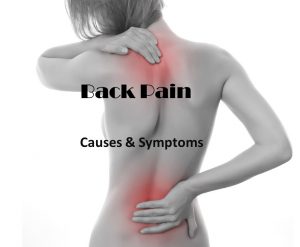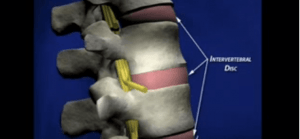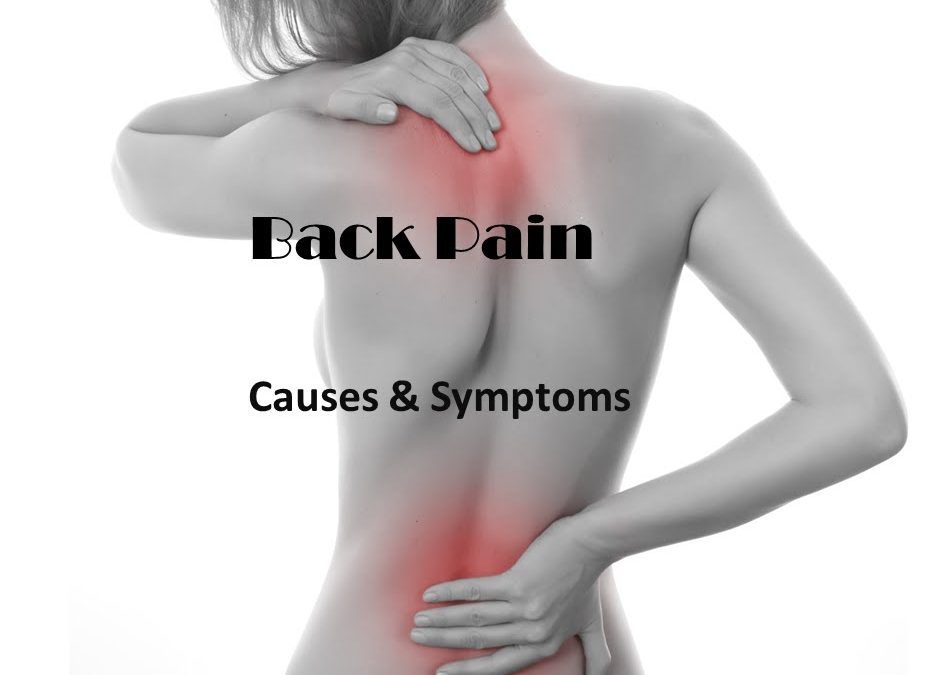
Degenerative Disc Disease Risk Factors & Causes, Signs & Symptoms
The body’s natural aging process is often cited as the main reason behind degenerative disc disease. However, trauma and injury to the spine can also be a contributing factor. The intervertebral discs (the layer of cartilage between the adjacent vertebrates in our spine), is made up of around 80% water and other substances that give it a shock-absorbing quality. Over time, the spine loses that fluid causing the discs to become rigid and stiff. It also becomes vulnerable to wear and tear.
There are two types of factors that can cause pain in your discs due to the degeneration process: inflammatory or mechanical. Both types of pain vary in severity depending on the extent of inflammation in your discs. However, both can cause impairment in your mobility.
Causes and Risk Factors of Degenerative Disc Disease
Given the possible causes of this condition, it is also crucial to identify the common risk factors. Below are some of the common risk factors that could make anyone more vulnerable to the risk of developing DDD or degenerative disc disease:
- If you are engaged in high contact sports or jobs that require you to lift heavy weights or bring trauma to your spine. Indeed, scientific study has shown that people who engage in these activities have higher risk to develop this condition.
- Genetics can also come into play. Some are at high risk to developing this disorder than others and that they are genetically pre-determined. If your family has a medical history of degenerative disc disease, you are highly at risk of developing this condition.
- If you suffered a traumatic injury to the spine, either accident or some other causes of trauma, you are also at risk of developing degenerative disc disease.
Signs, Symptoms
The sensation of pain in your lower back, neck and lower extremities is the number one symptom of degenerative disc disease. This can be made worse by executing basic movements such as standing, bending or twisting of the body. You might also notice that pain is relieved when you change positions or doing some type of activity. For some people, the pain is acute while for others it is chronic.
Degenerative Disc Disease Complications

Another common complication from degenerative disc disease is the feeling of numbness in your legs and surrounding parts of the body. Therefore, you should seek immediate medical care when you exhibit the symptoms of degenerative disc disease.


 I love to write medical education books. My books are written for everyone in an easy to read and understandable style.
I love to write medical education books. My books are written for everyone in an easy to read and understandable style.